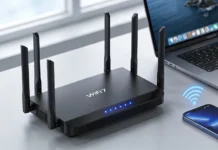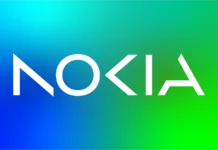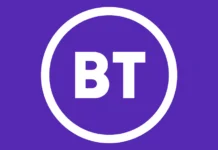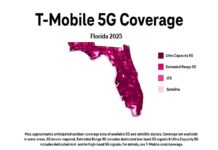U.S. regulators approved the combination of pay-as-you-go wireless carrier MetroPCS Communications Inc. and Deutsche Telekom AG’s T-Mobile USA, leaving MetroPCS shareholders as the last remaining obstacle on the deal.
The deal will combine T-Mobile with the smaller MetroPCS, creating a publicly traded company, with Deutsche Telekom as 74% owner. Tuesday, both the Federal Communications Commission and the Department of Justice signed off on the merger, saying the deal will help competition in the U.S. wireless market.
The transaction, though, still must be approved by MetroPCS shareholders when they meet on April 12. So far, two major shareholders–P. Schoenfeld Asset Management and Paulson & Co.–have been vocal about opposing the deal, arguing for better terms from Deutsche Telekom or an alternate bidder, with the third option of remaining independent.
MetroPCS’s board continues to back the current offer, and T-Mobile has taken a similar stance. In a letter to shareholders Tuesday, MetroPCS defended the deal structure and called the dissenting arguments “inaccurate and misleading.”
The FCC, meanwhile, welcomed the deal as boosting competition by creating a stronger player in a market increasingly dominated by AT&T Inc. and Verizon Wireless. The agency acknowledged the merged company’s position as the fourth-largest carrier and said it was unlikely to “have the ability to unilaterally raise price or otherwise harm competition at the national level.”
The commission added that both T-Mobile and MetroPCS have a history of being disruptive to the overall market and “would have an economic incentive to continue to play this role.” Since cutting the deal, T-Mobile has been outspoken in taking on rivals and removing the long-held industry practice of subsidizing smartphones for customers in exchange for lower monthly bills.
Meanwhile, the antitrust regulators at the Justice Department also said the deal was unlikely to harm consumers and may have a pro-competitive impact because it improves T-Mobile’s scale and spectrum position. Last week, the waiting period required by U.S. antitrust laws had passed without objection from the Justice Department.



















